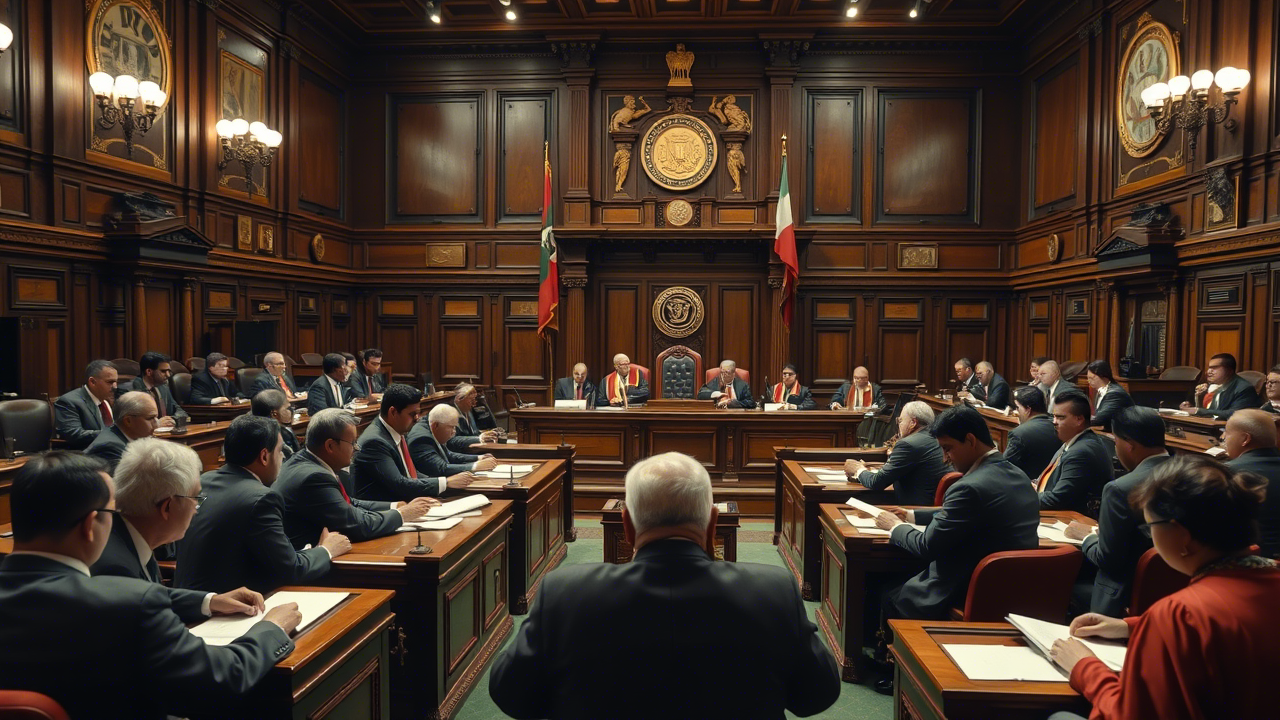Murshidabad Erupts Over Waqf Act: What Really Happened and Why It Matters
Let me ask you something—have you ever seen a place go from calm to chaos in the blink of an eye? That’s pretty much what happened in West Bengal’s Murshidabad last week.
You know how small sparks can ignite huge fires? That’s exactly what went down after the Waqf (Amendment) Act came into the spotlight. At first, it felt like just another policy update—but then the streets started burning, and the tension boiled over into something nobody saw coming.

What Sparked the Fire: The Waqf (Amendment) Act
Let’s break this down. The Waqf Act governs religious endowments for Muslim communities, managing properties meant for charitable and religious purposes. The new amendments? They didn’t sit well with a large section of people in Murshidabad.
It wasn’t just about the paperwork or legal lingo. This hit home for many. Imagine suddenly being told that your community’s religious and historical properties might come under stricter scrutiny or new controls. That’s bound to raise eyebrows, right?
The Violence: When Protests Turn Deadly
Friday started off like any other day. But by evening? Chaos. Roads were blocked. Stones flew. Police vans were torched. And that wasn’t even the worst of it.
Tragically, three lives were lost, including a father and son found stabbed in their home. Another young man, just 21, died after being shot during the clashes. Eighteen police officers were also injured in the turmoil.
Now here’s the thing—Murshidabad isn’t new to protests. But this? This was on a different scale.
The Aftermath: Arrests, Curfews, and an Eerie Calm
As of now, 150 people have been arrested. Twelve of those arrests happened just last night as raids continued well into the early hours. Authorities have slapped prohibitory orders under Section 163 of the Bharatiya Nagarik Suraksha Sanhita (BNSS). That’s like hitting the emergency brakes—strict curfews, internet shutdowns, and heavy patrolling.
The situation is now reportedly peaceful, especially in hotspots like Suti, Dhulian, Samserganj, and Jangipur. But let’s be honest—"peaceful" is often just the eye of the storm.
A Deeper Look: Why This Matters
This isn’t just a law and order issue. It’s about trust. When people feel unheard or targeted, anger brews. And once that pot boils over, it’s hard to contain.
Remember the farmer protests? Or the CAA/NRC unrest? This feels eerily similar. At its heart, it’s a conversation about identity, rights, and the power of the people to push back.
The Human Cost
Harogobindo and Chandan Das weren’t just names in a news ticker. Neither was Ijaz Momin. These were real people, with families, stories, dreams. And now, they’re part of a growing list of lives lost in the name of protest.
Where Do We Go From Here?
DGP Rajeev Kumar is on the ground, meetings are being held, and more arrests are expected. But here’s a thought—are we just firefighting, or are we actually listening?
Laws are important. Order matters. But so does dialogue. And maybe, just maybe, it’s time we start having real conversations before things spiral out of control.
FAQs
Q: What is the Waqf (Amendment) Act about?A: It involves changes to how religious endowments for Muslims are governed, leading to concerns over control and ownership of Waqf properties.
Q: Why is Murshidabad the epicenter?A: It has a significant Muslim population and a large number of Waqf properties, making it particularly sensitive to such changes.
Q: What measures are being taken now?A: Prohibitory orders are in place, the internet has been suspended, and over 150 people have been arrested.
Q: Are more protests expected?A: While the situation is currently under control, tensions remain high and future flare-ups can’t be ruled out.
Q: Who is leading the investigation?A: DGP Rajeev Kumar is on-site, overseeing the probe and coordinating law enforcement.

